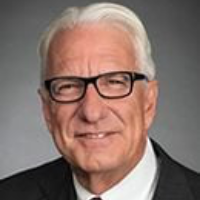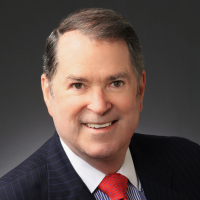Not Enough Money
By Mitchell L. Lathrop
Howard Horror (“Howard”)1 was busily representing four very important clients in a lawsuit, Evers et al. v. Jones Company. The Evers case arose because Jones Company had the audacity to fire Howard’s clients for excessive talking while on the job and the unauthorized accessing of sensitive communications between the Jones Company CEO and its lead outside counsel, Josephine Smith. Howard’s clients had learned that Jones Company was in financial difficulty, but Howard was not worried because Jones Company had employment practices liability (EPL) insurance. Even his clients’ signing of a non-disclosure agreement (NDA) with Jones Company wasn’t cause for concern. After all, the information they gave Howard was extremely valuable for use in the Evers case.




